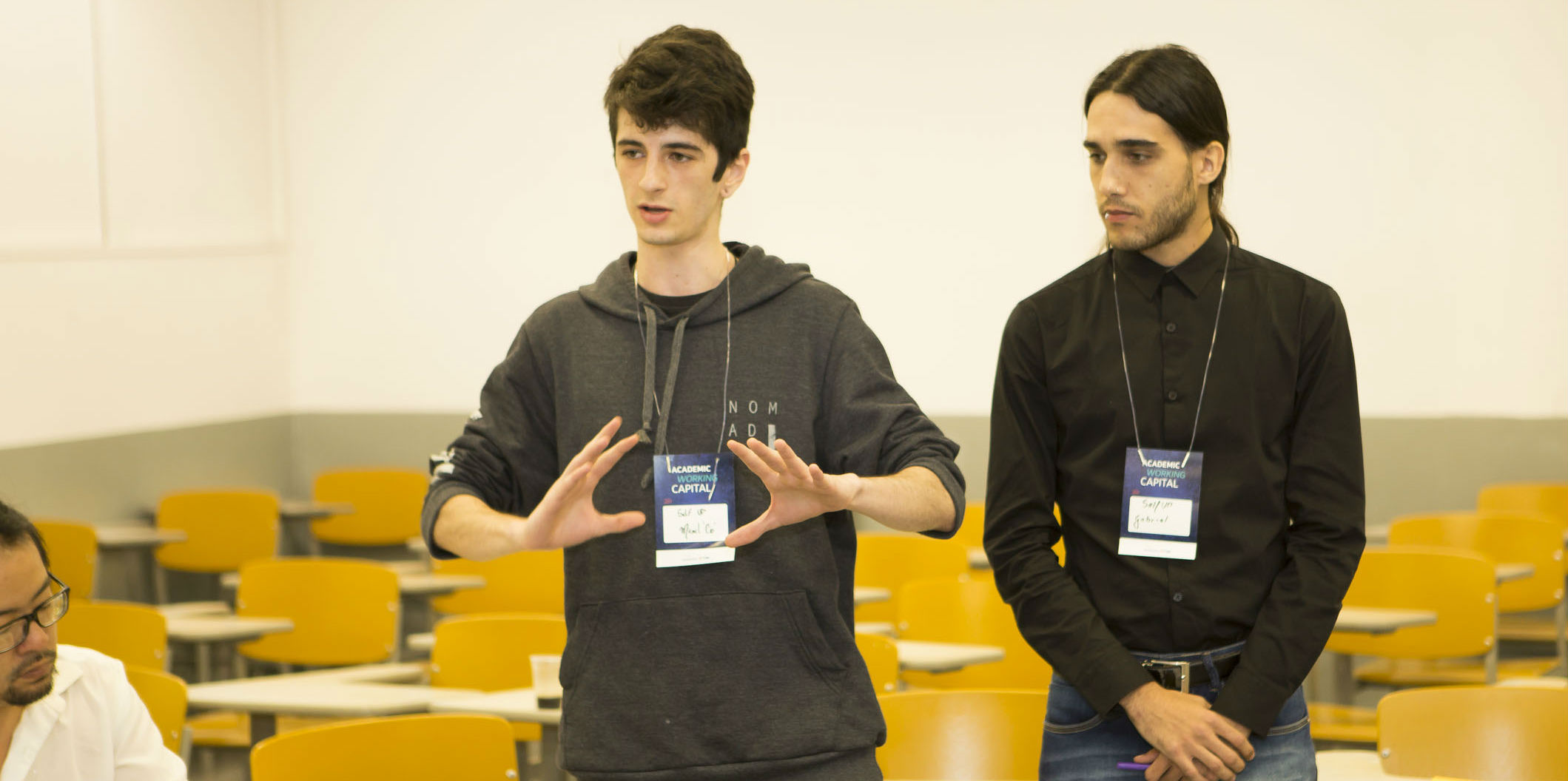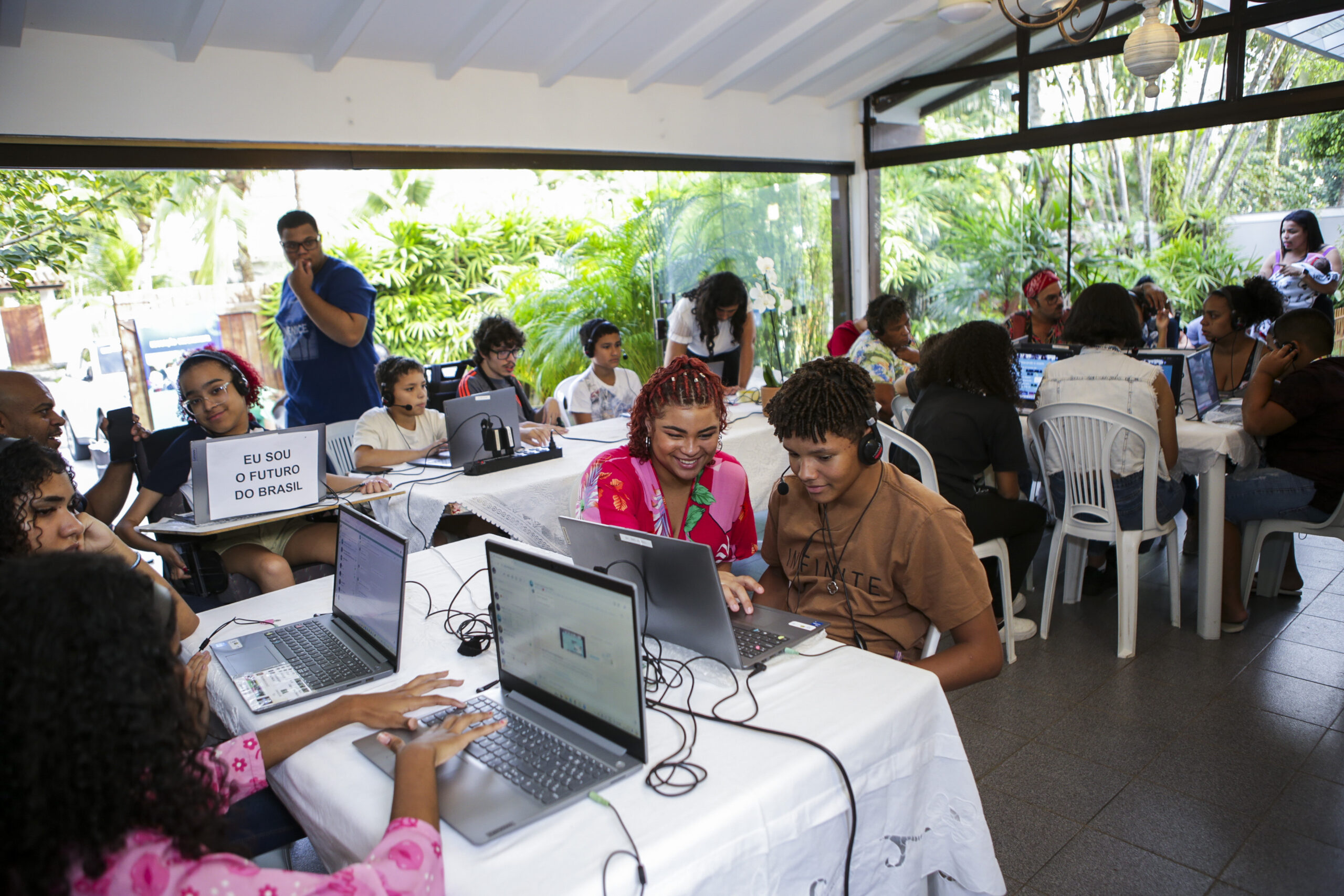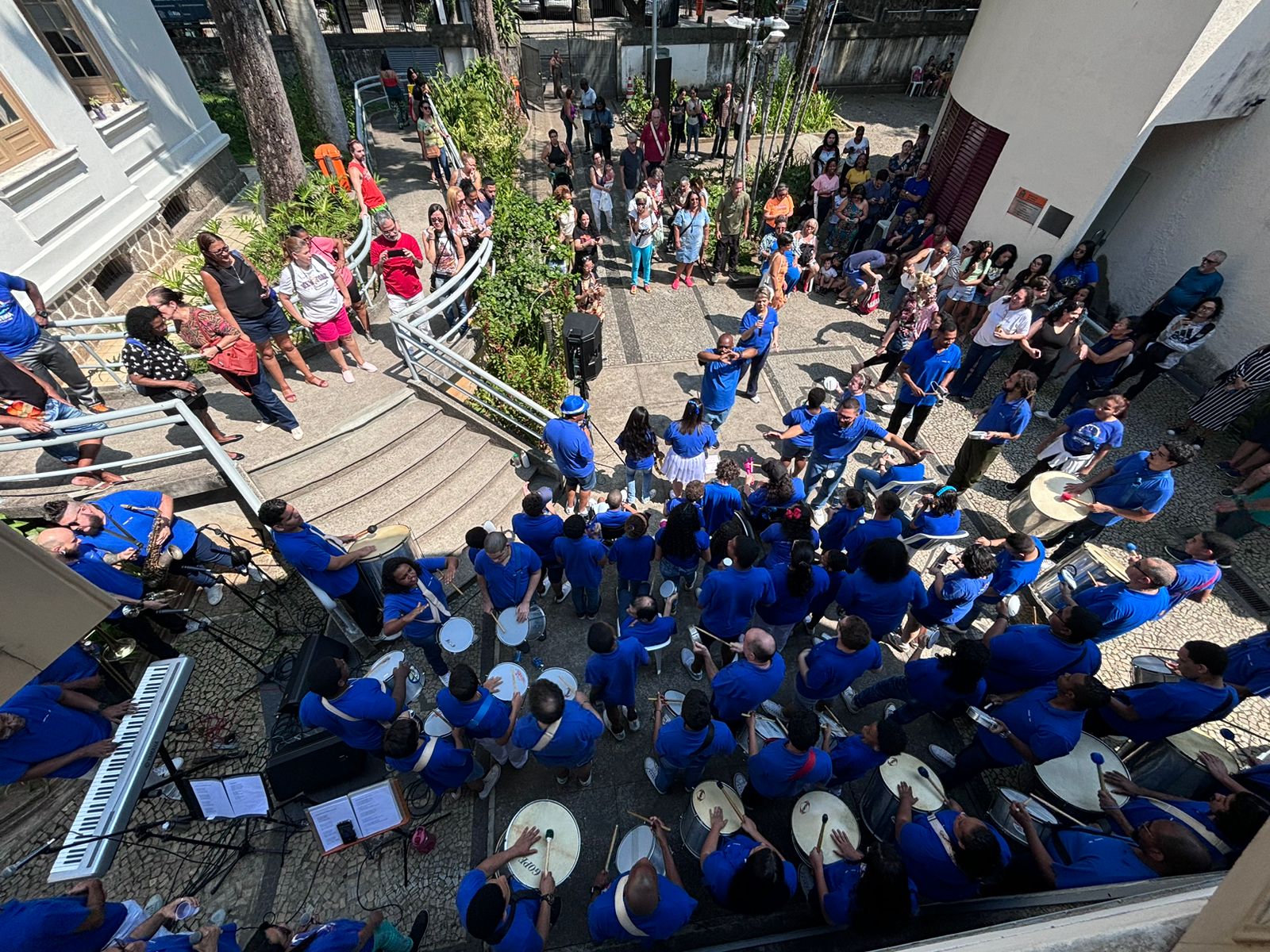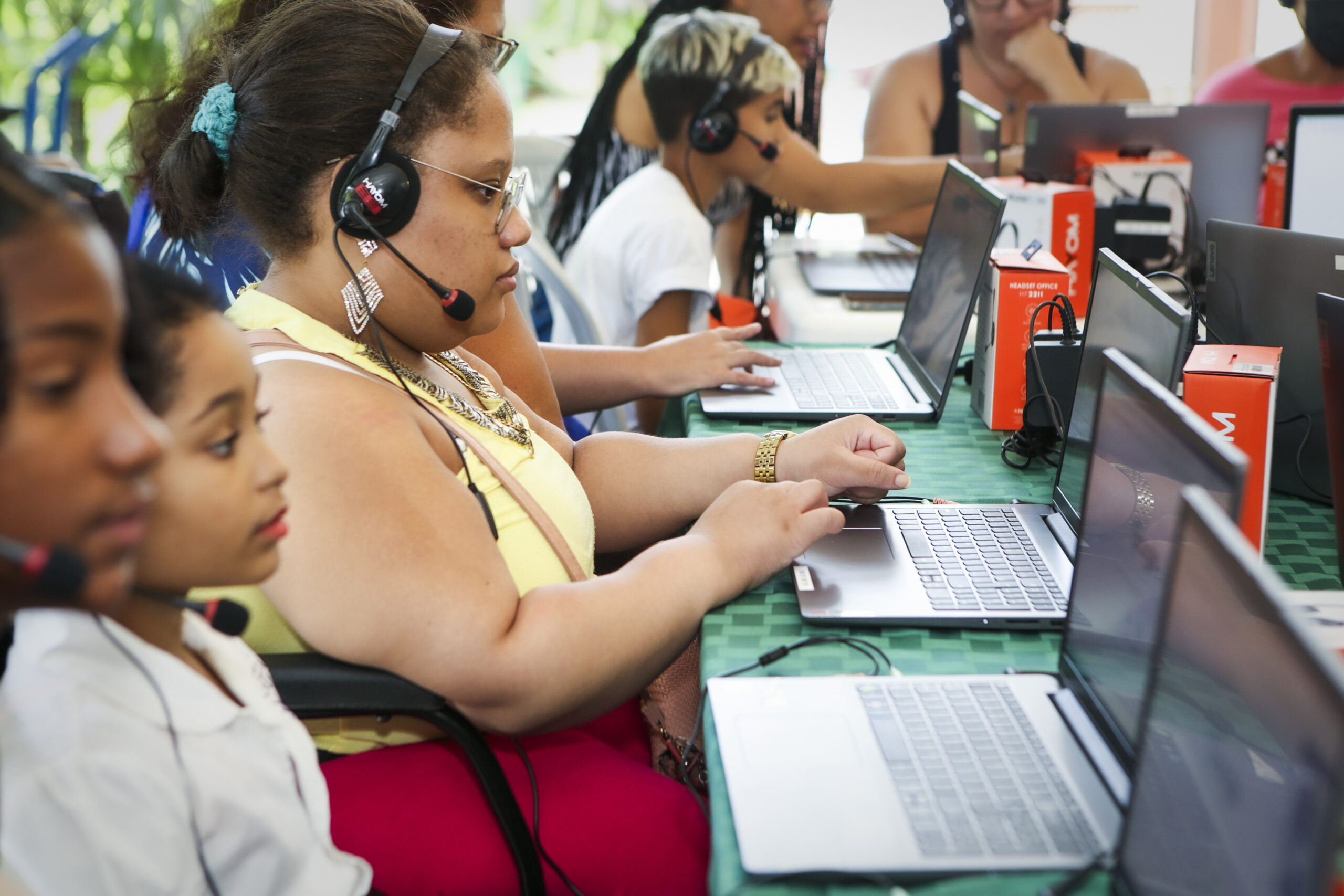
Sharing the support to entrepreneurship and the Academic Working Capital approach with technical education students and teachers is one of the goals of the program in 2017. This year, for the first time, students from State Technical Schools (Etecs) of São Paulo participate in pilot format. Also, around 20 teachers from seven Etecs and one Technology College (Fatec) participated in a training promoted by AWC to expand knowledge on entrepreneurship, business modeling and mentoring in the development of technology-based products.
Maristela de Carvalho Gamba, from Etec Aristoteles Ferreira, is one of the most involved teachers in the program. In addition to monitoring the performance of the groups from the Etec of Santos-SP, Self Up and Loc.Device, she attended all days of Workshop II, held between July 17th and 19th. For the teacher, the program changed her way of guiding students’ projects. “We used to focus a lot on the students’ curriculum, and today I see it differently: that this project at Etec, much more than a curriculum, it is a product with which students can make money, with which they can set up their own company,” she says.
The teacher explains that exploring entrepreneurship in technical schools is exploring the reality of the labor market. “The relationship with work has changed a lot, and the student has to be ready to face that too,” she says. “I think it’s nice that they can already leave there with the vision that they have to face the market, many times, on their own, and that this can be a much happier pathway,” she adds.
For students of the Self Up group, getting together and exchanging ideas and experiences with university students from other cities and states is one of the most interesting aspects of AWC. “I did not expect it to be such an amazing experience to share your ideas with other people who offer you feedbacks that can make your idea even better,” says Micael Cid Oliveira dos Santos, student of Internet Computing at Etec Aristóteles Ferreira and group coordinator.
Along with Lucas Tonon Rodrigues, Gabriel Agostinho and Evandro da Silva Santos, Micael is developing an app that helps coaches to organize their work more efficiently and to relate better to coachees, managing information such as tasks, skills and performance charts. The group is in the stage of conducting experiments to validate hypotheses about the product in order to, then, start the construction of the prototype. “AWC brought this business vision, this vision of knowing how to deal with people, with the investor. Getting out of the building, really understanding people’s problems and knowing how to solve them,” Lucas adds.
Maristela says that her vision on entrepreneurship has changed. “AWC made me see that, even though I do not have a very strong entrepreneurial side, there are techniques and tools that can guide you when you have an idea, and that it can be tested and turned into a good project,” she says. “I hope that by the end of this cycle the students leave AWC believing that they have the capacity and possibility to face the labor market with their own ideas.”






































































































